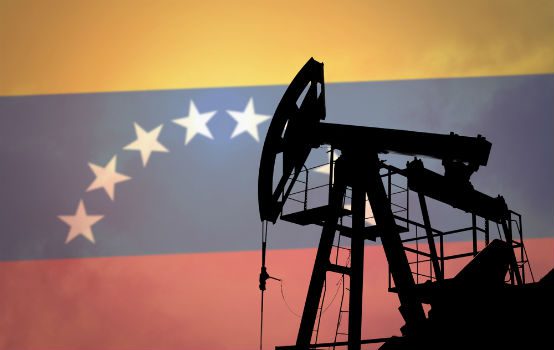Our Foreign Meddling Addiction

Damon Linker does a good job criticizing the American impulse to “do something” in Venezuela:
What happens inside Venezuela simply isn’t our responsibility. The question that cries out for an answer is why so many Americans conclude otherwise.
The usual answer is that many Americans assume that we are obligated to meddle in the affairs of other countries because our government claims the mantle of “global leadership” for itself. The U.S. reserves the right to interfere in other states’ internal politics because that “leadership” is defined as intrusively and broadly as possible. The Americans that buy into this “leadership” role then convince themselves that the U.S. has to meddle in each new crisis that comes along because “failure” to meddle will be perceived as an “abdication” of our leading role. Having assigned itself the task of serving as the arbitrary planetary overseer, our government has defined minding its own business as minding the business of every country in the world to one degree or another.
That’s not a bad explanation as far as it goes, but it may be missing something. A better answer might be that it has become a deeply ingrained habit from decades of practice during the Cold War and the post-9/11 era, and that habit has then turned into an addiction. Many Americans are now so accustomed to having their government interfere in other countries’ affairs that they have come to expect it and eventually to demand it when it isn’t immediately forthcoming. It has become such a common practice that our leaders routinely define “who we are” as a nation by our willingness to meddle in the affairs of others. As a result, many of us have been conditioned to fault the president if he “fails” to interfere. The two most enduring conventional criticisms of Obama’s foreign policy have had nothing to do with his illegal wars or his indefensible policy in Yemen, but have focused instead of Obama’s supposed “failure” to support Green movement protesters in 2009 and his “failure” to bomb Syrian government forces in 2013. Most politicians and pundits are much more eager to drag a president for supposed “inaction” than they are willing to criticize the most reckless and ill-considered actions. That creates the perverse political incentives that allow “do somethingism” to flourish.
Presidents no longer have to justify why another country’s internal disputes are our responsibility before taking sides in those disputes. It is simply taken for granted that they must be, and it is left to the president’s relatively small number of non-interventionist critics to make the case that they aren’t.
Comments